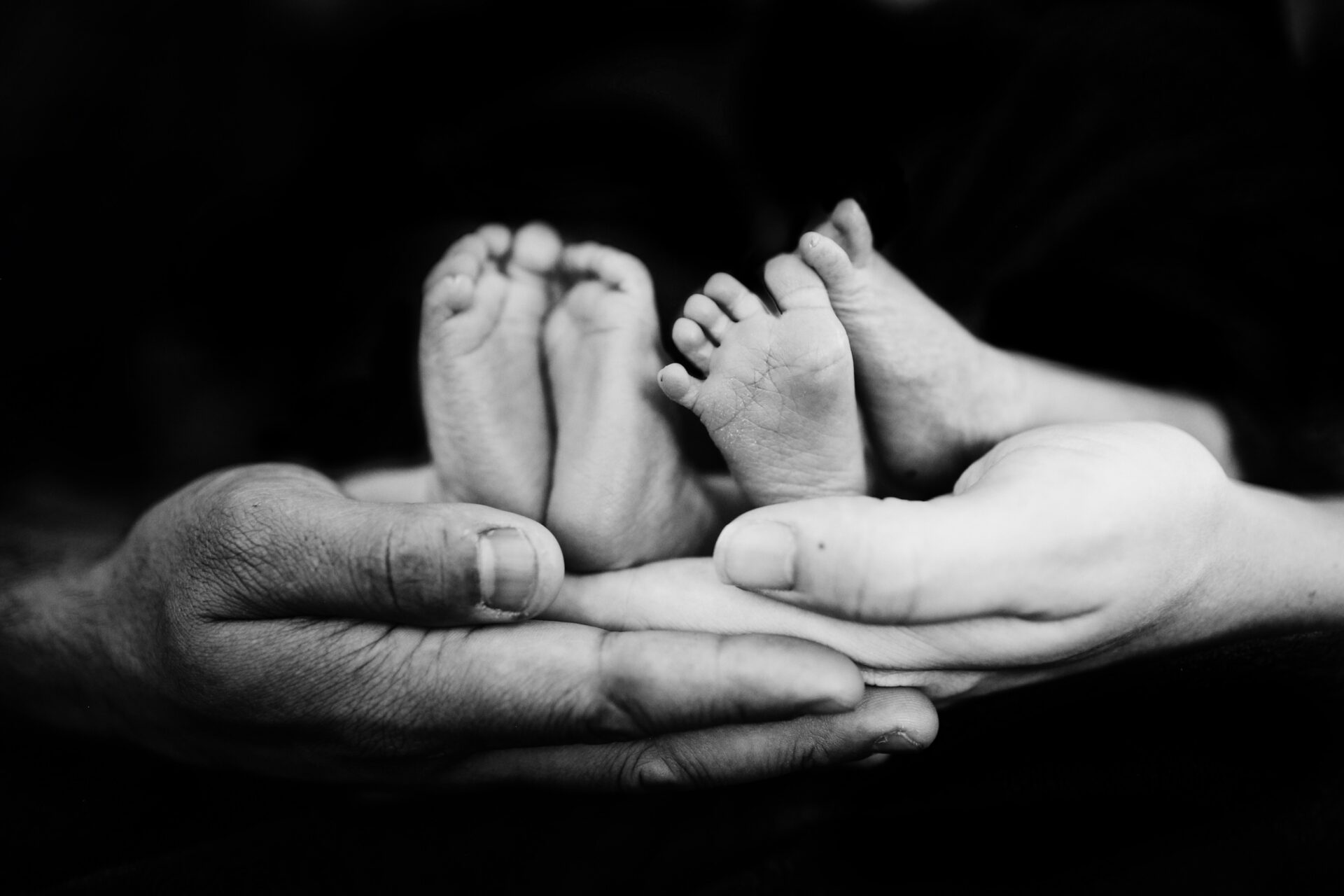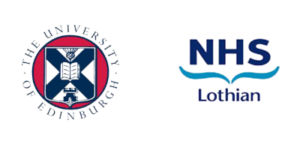
A Randomised Placebo-Controlled Trial of Antenatal Corticosteroids for Planned Birth in Twins: STOPPIT-3
This study is funded by the National Institute for Health Research (NIHR) Health Technology Assessment programme (NIHR127869). The views expressed are those of the author(s) and not necessarily those of the NIHR or the Department of Health and Social Care.
This trial aims to find out if medicines called antenatal corticosteroids (ACS) given to women with a twin pregnancy prior to a planned birth of twins after 35 weeks of pregnancy reduces breathing difficulties in the twin babies.
UPDATE: Recruitment to this trial is now closed. Click here for more details on our News page.
Background
Antenatal Corticosteroids (ACS) help to mature babies’ lungs and may reduce breathing difficulties and the need for high levels of respiratory support. They are routinely used in singleton pregnancies which deliver early, but the use of ACS in twin births has not been studied in detail and so it is not clear if they will work in twin pregnancies. Because of the lack of evidence, there is currently no guidance on giving ACS in twin pregnancies, so whether or not women pregnant with twins receive steroids as part of routine care varies depending on their hospitaldepends on the hospital they attend. ACS may also have some unwanted side effects such as lowering babies’ blood sugars, and affecting babies’ growth. Before all women with twin pregnancy in the UK are offered a course of ACS prior to a planned birth, We need to be certain about the benefits and risks of giving ACS before all women with twin pregnancy in the UK are offered a course of ACS prior to a planned birth.
Twin pregnancies are monitored more closely as they have a higher risk of complications than a singleton pregnancy, and there is a greater chance of the babies being born before 37 weeks of pregnancy. Being born slightly early means that twins are at higher risk of admission to neonatal units for support with their breathing, which separates mothers and babies at a crucial time. Twin births account for about 3% of live births but around 15-20% of admissions to the neonatal unit.
Current guidance recommends that twins who share a placenta (monochorionic twins) should be born from 36 weeks of pregnancy if there are no medical problems requiring earlier birth, whilst twins with a placenta each (dichorionic twins) should be born from 37 weeks of pregnancy, as evidence shows this is safer than delivering later on in the pregnancy. Being born slightly early means that twins are at higher risk of admission to neonatal units for support with their breathing, which separates mothers and babies at a crucial time.
Professor Sarah Stock was the former Chief Investigator of STOPPIT-3 till September 2024


What are we doing?
This trial is organised and sponsored by the University of Edinburgh and NHS Lothian. It will run in NHS centres throughout the UK and we will need around 1,550 women to take part in the trial to be able to see how ACS works in twins.
Women with a twin pregnancy who have a planned birth after 35 weeks of pregnancy will be invited to participate in the trial by a member of the maternity team. Planned birth is defined as induction of labour or caesarean section. Women who are eligible and agree to take part in the trial will be given either ACS or a placebo (a dummy drug). A placebo, or dummy drug, is an inactive substance which seems to be a “real medical treatment”. In this trial, the placebo is a harmless salt solution, which will look identical to the ACS. These will be administered by injection prior to the planned birth.
After birth, information on the woman and babies will be collected and fed back to the trial team to analyse.
Why are we doing it?
We hope to establish if there are any effects of ACS for mothers and babies. We will be looking at rates of maternal infection after birth and any impact on breastfeeding. We will also look at any complications in babies. Information about the health of the woman and babies in the period after birth will be taken from medical records. We will collect information until discharge or 28 days postnatal (whichever is sooner).
We will compare the group that did receive ACS and the group that did not to see if there are differences in the health of the woman and babies and the need for extra healthcare support after birth.
Why we think it is important to do this?
Information we obtain from the trial may help inform on the future healthcare of other twin pregnancies. Taking part will help create much needed evidence on the use of ACS prior to a planned birth of twins, which will help women and babies in future. If we find that the use of ACS improves health in twin babies, it could be used in the NHS straight away.
Would you like to read more?
Click the PDF below.
Our team is committed to making research in pregnancy inclusive. We use terms such as ‘women’, ‘maternity’, ‘breastfeed’ and so on, throughout our website, publications and social media accounts, to refer to those who are pregnant, give birth and/or use their breasts to feed a child. We acknowledge that not all people who are pregnant, give birth, and/or breastfeed a child identify as women. It is important that evidence-based care for maternity, perinatal and postnatal health is inclusive and tailored to an individual’s wishes.
Who can take part?
Women ages 16 years or older
Woman with a twin pregnancy and a planned birth scheduled between 35+0 and 38+6 weeks gestation including women who have a planned birth due to logistic reasons (e.g. availability of beds or staff), parental preference or other maternal or fetal indications. Planned birth is induction of labour or caesarean section.
Women with gestation established by scan at ≤16 weeks according to NICE guidelines and known chrionicity.
24 hours and 7 days until planned birth at time of randomisation.

